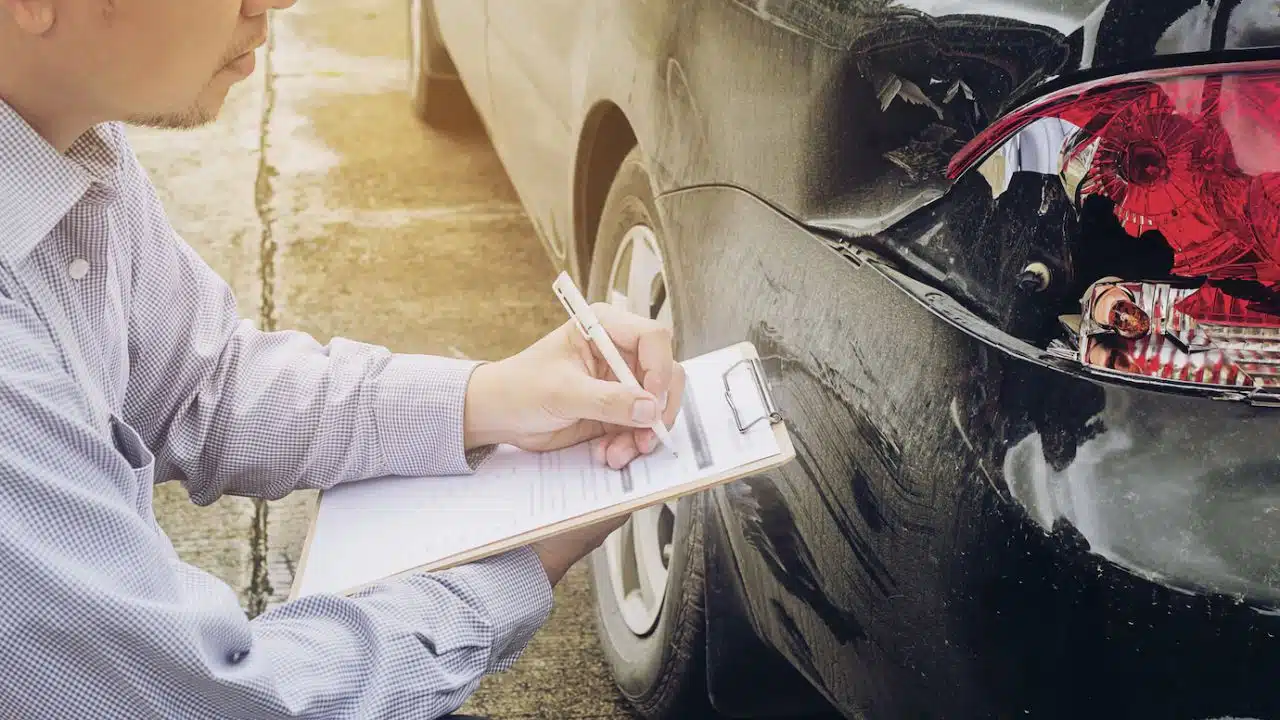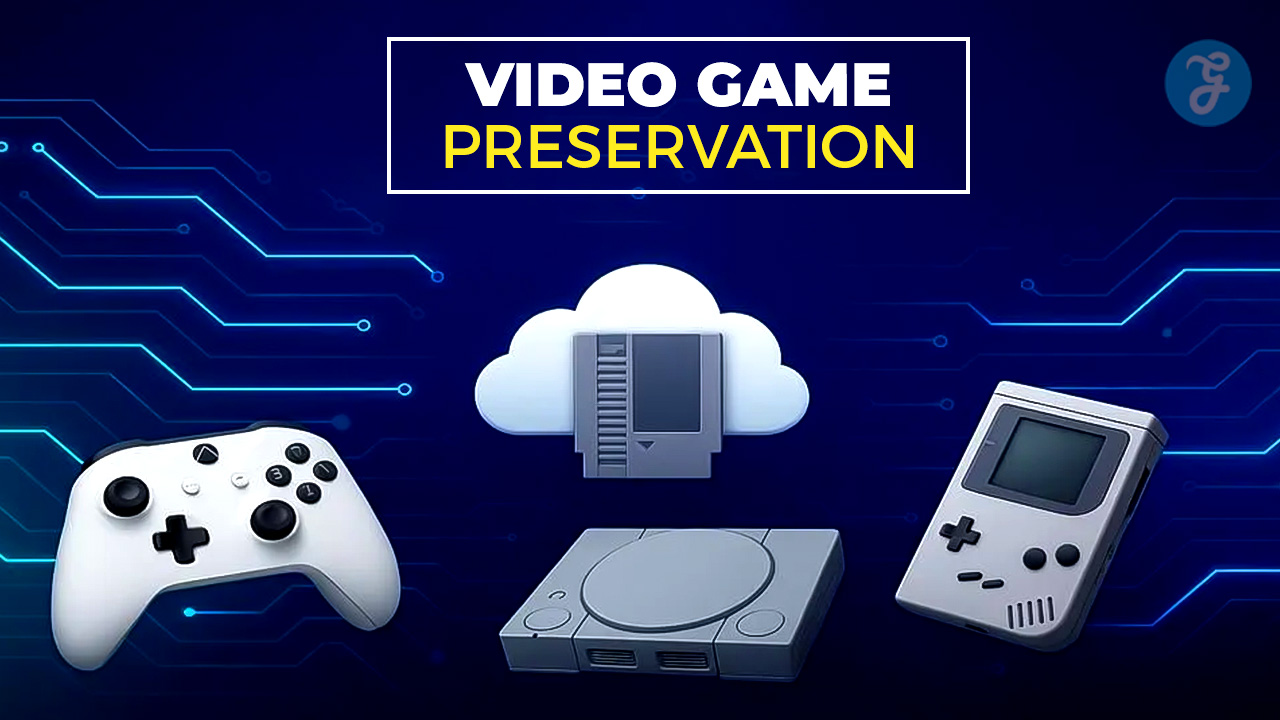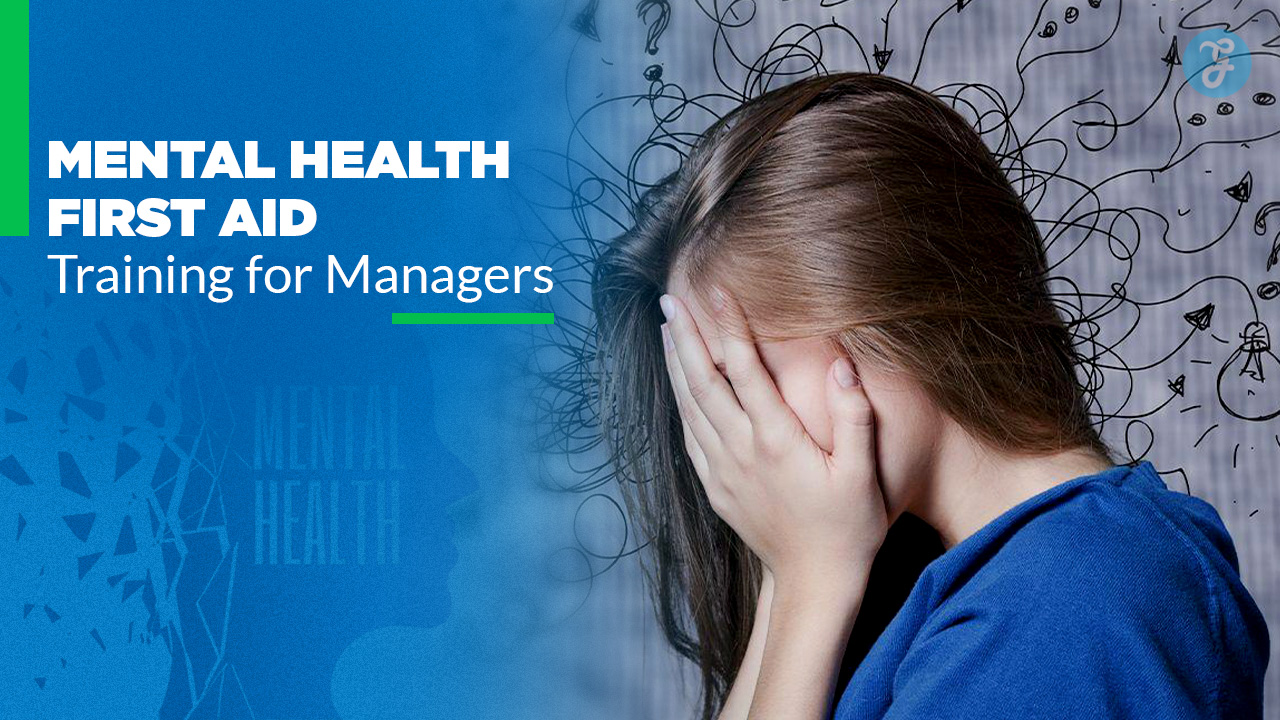Being involved in a car accident can be a terrifying and overwhelming experience. In the aftermath of a crash, you may feel a rush of emotions—shock, confusion, frustration, or even relief that you survived. While it’s natural to focus on assessing the damage to your vehicle or exchanging information with the other driver, one of the most crucial steps you should take after a car accident is seeking immediate medical attention.
Many people make the mistake of assuming they are fine because they do not feel immediate pain or visible injuries. However, delaying or avoiding medical care after an accident can have serious consequences for both your health and any potential personal injury claim.
Below, we explore why getting medical attention right away is essential and how it can impact your recovery and legal case.
1. Some Injuries Are Not Immediately Obvious
After a car crash, your body releases adrenaline and endorphins—chemicals that can mask pain and make you feel fine even if you have suffered an injury. This is why many accident victims do not notice symptoms until hours, days or even weeks later.
Common Delayed-Onset Injuries:
- Whiplash: Neck pain and stiffness may not appear for 24-48 hours.
- Concussions and Traumatic Brain Injuries (TBIs): Symptoms such as headaches, dizziness, confusion and memory issues may take time to surface.
- Internal Bleeding: You might not see any bruising or experience pain immediately, but internal injuries can be life-threatening.
- Soft-Tissue Injuries: Strains, sprains and tears in muscles or ligaments may not be felt right away.
- Back Injuries: Herniated discs or spinal damage may not present symptoms until inflammation increases.
By getting checked out by a doctor immediately after your accident, you can identify hidden injuries before they worsen.
2. Delayed Treatment Can Worsen Your Condition
Even minor injuries can turn into serious medical conditions if left untreated. For example:
- A mild concussion could develop into a more severe traumatic brain injury if not properly monitored.
- Untreated internal bleeding can be fatal.
- A minor spinal injury can worsen with time, leading to chronic pain or mobility issues.
Seeking prompt medical care allows doctors to diagnose and treat injuries early, improving your chances of a full recovery.
3. Medical Records Strengthen Your Personal Injury Claim
If you plan to file an insurance claim or a personal injury lawsuit, medical documentation is one of the most critical pieces of evidence. Insurance companies and opposing attorneys will look for any reason to minimize or deny your claim. If you delay seeking medical attention, they may argue:
- Your injuries were not serious enough to require immediate treatment.
- Your injuries were caused by something else that happened after the accident.
- You are exaggerating your condition.
A timely visit to the doctor creates an official record linking your injuries directly to the accident. This makes it harder for insurance adjusters to dispute your claim.
4. Insurance Companies May Use Delays Against You
Many insurance companies look for ways to reduce payouts. If you wait too long to see a doctor, the insurance company might argue that:
- You weren’t injured in the crash.
- Your injuries were preexisting.
- You made your injuries worse by not seeking prompt treatment.
Most insurers expect claimants to seek medical attention within 72 hours of an accident. While this is not a strict rule, the longer you wait, the harder it becomes to prove that your injuries were caused by the accident.
5. Following Medical Advice Helps Your Recovery and Claim
Seeking treatment is only the first step—following your doctor’s advice is just as important. This includes:
- Taking prescribed medications.
- Attending follow-up appointments.
- Going to physical therapy if required.
- Avoiding strenuous activities if recommended by your doctor.
If you fail to follow medical recommendations, the insurance company may argue that you are not as injured as you claim or that you contributed to your own prolonged recovery.
6. Psychological and Emotional Injuries Matter Too
Car accidents can cause more than just physical injuries. Many victims suffer from:
- Post-Traumatic Stress Disorder (PTSD): Flashbacks, nightmares and severe anxiety related to driving or riding in a car.
- Depression and Anxiety: Emotional distress from the trauma of the accident or the impact of physical injuries.
- Sleep Disorders: Difficulty sleeping due to pain, stress or psychological trauma.
Seeking medical attention includes addressing mental health concerns. Therapy, counseling or medication may be necessary for your overall recovery.
7. Medical Bills Can Be Recovered in a Personal Injury Case
Medical treatment can be expensive, but if your accident was caused by another driver’s negligence, you may be entitled to compensation for:
- Emergency room visits
- Hospital stays
- Doctor appointments
- Physical therapy
- Prescription medications
- Psychological counseling
- Lost wages due to missed work
- Pain and suffering
However, if you delay treatment, the insurance company might refuse to cover your medical expenses, claiming they were unrelated to the accident.
8. Protecting Yourself If You Don’t Have Health Insurance
Many people hesitate to seek medical care due to financial concerns. If you don’t have health insurance, you still have options:
- Personal Injury Protection (PIP): If your auto insurance policy includes PIP coverage, it may cover medical expenses regardless of fault.
- Medical Liens: Some doctors and chiropractors work on a lien basis, meaning they will treat you and get paid later from your injury settlement.
- Attorney Assistance: A South Bend car accident lawyer can help you find medical providers who are willing to work on a contingency basis.
It is better to seek care and figure out the financials later than to avoid treatment altogether.
9. Steps to Take After a Car Accident
To ensure your safety and protect your legal rights, follow these steps after a crash:
- Call 9-1-1: Always report the accident and request medical help if needed.
- Document the Scene: Take photos of the vehicles, injuries and road conditions.
- Get Contact Information: Exchange details with the other driver and collect witness statements.
- Seek Medical Attention Immediately: Even if you feel fine, let a doctor evaluate you.
- Follow Up with Your Doctor: Continue treatment as needed.
- Consult a Personal Injury Attorney: If your injuries were caused by another driver, an attorney can help you seek compensation.
After a car accident, seeking medical attention should be a top priority. Even if you don’t feel pain right away, injuries can develop over time, and delaying treatment could jeopardize your health and your ability to recover damages. Additionally, medical records are crucial for proving your claim and securing compensation.
If you or a loved one has been injured in a car accident, do not take chances with your health. Get medical attention as soon as possible and consult a personal injury attorney to protect your rights. The decisions you make in the hours and days after a crash can significantly impact your physical recovery and financial future.









































